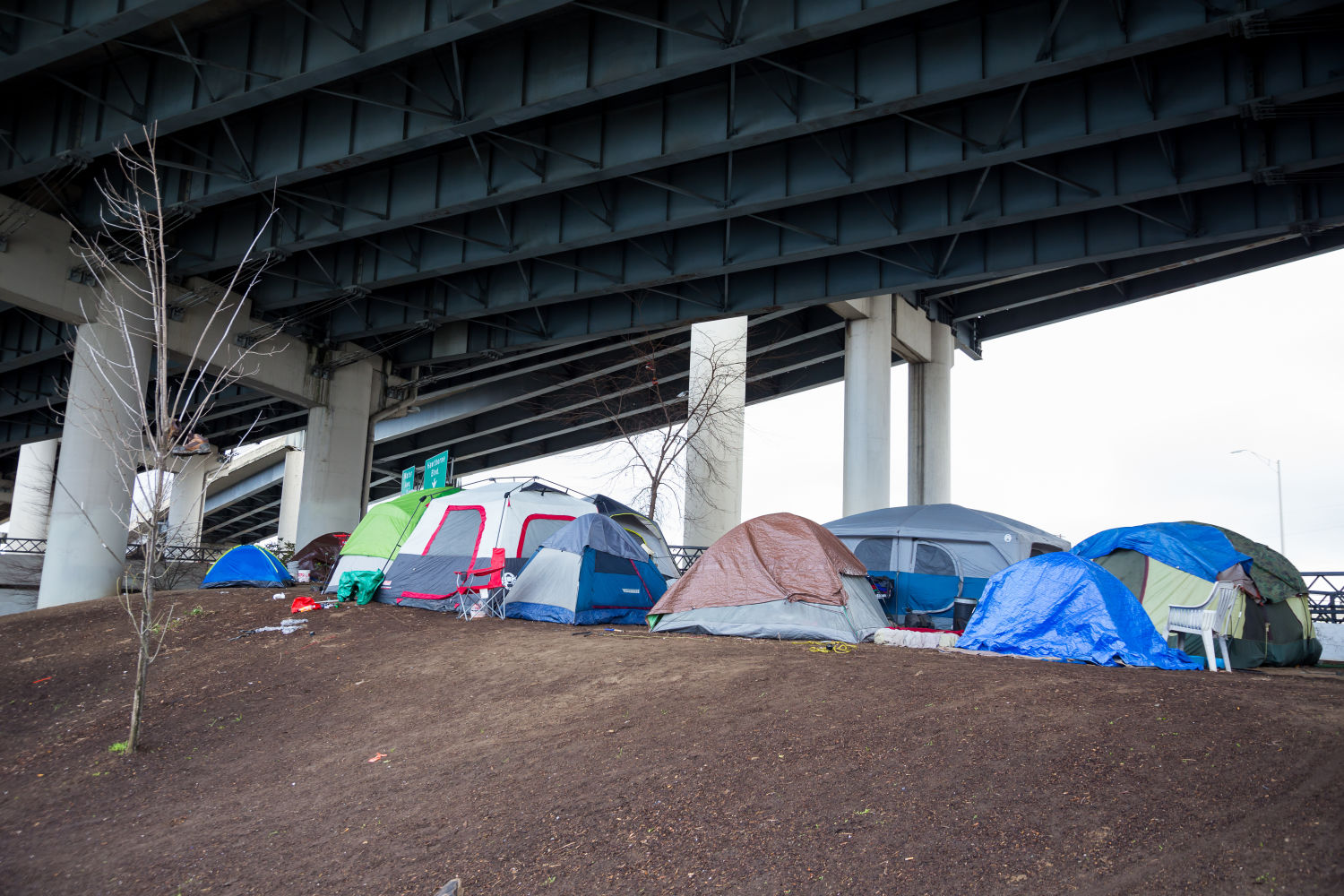Dehumanization of homeless by Malik walker
Homelessness
in America is in one of its all time highs, with lost of wages from jobs and
people being forced out of there homes due the pandemic of covid 19 the world
has been in a spiral and it has caused a lot of financial hardship for
many people
according to
www.whitehouse.gov "Of those, 194,467 (35 percent) were unsheltered, and
358,363 (65 percent) were sheltered. The overall homeless population on a
single night represents 0.2 percent of the U.S. population, or 17 people per
10,000 in the population." this marker indicates a
baseline showing percentages of homelessness before the covid 19
pandemic began this year due to the inability to come to a
definitive percentage of homelessness since the years study is not over,
but through out major states there has dramatic
increases in the homeless population for examples according to
www.theguardian.com "An estimated 82,955 people
became homeless in 2019, a 51% increase from the year
before. About 64% became housed again on their own, which means on average, 207
people exit homelessness each day while 227 become homeless."
people
tend to forget that homeless people are just people that have gotten
into a bad situation. there is a fear that a lot of people have of
the homeless acting as if they are monsters or are less then human.
men and women across the nation suffer from finical hardships
due to extremely high cost of living in certain states such
as California, Oregon and other major cities. state by
www.finacialplanneria.com "The website Gobankingrates.com jumped in
and did the math for us in their piece, “How Much Money You Need to Live
Comfortably in the 50 Biggest Cities”. They calculated an annual income
of $74,371 was about right for the average person to live comfortably
in Los Angeles." while the average wages in California are
62,000 a year











